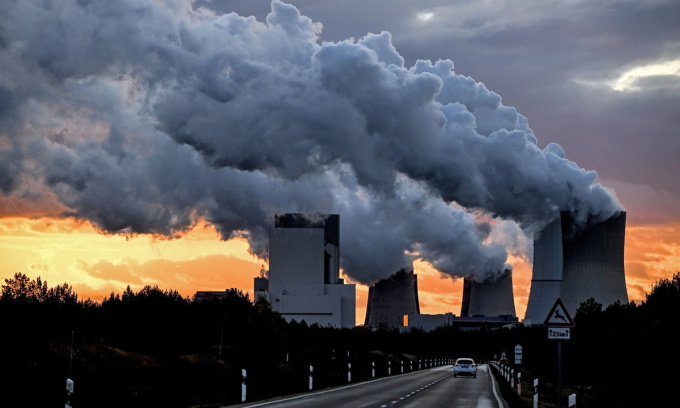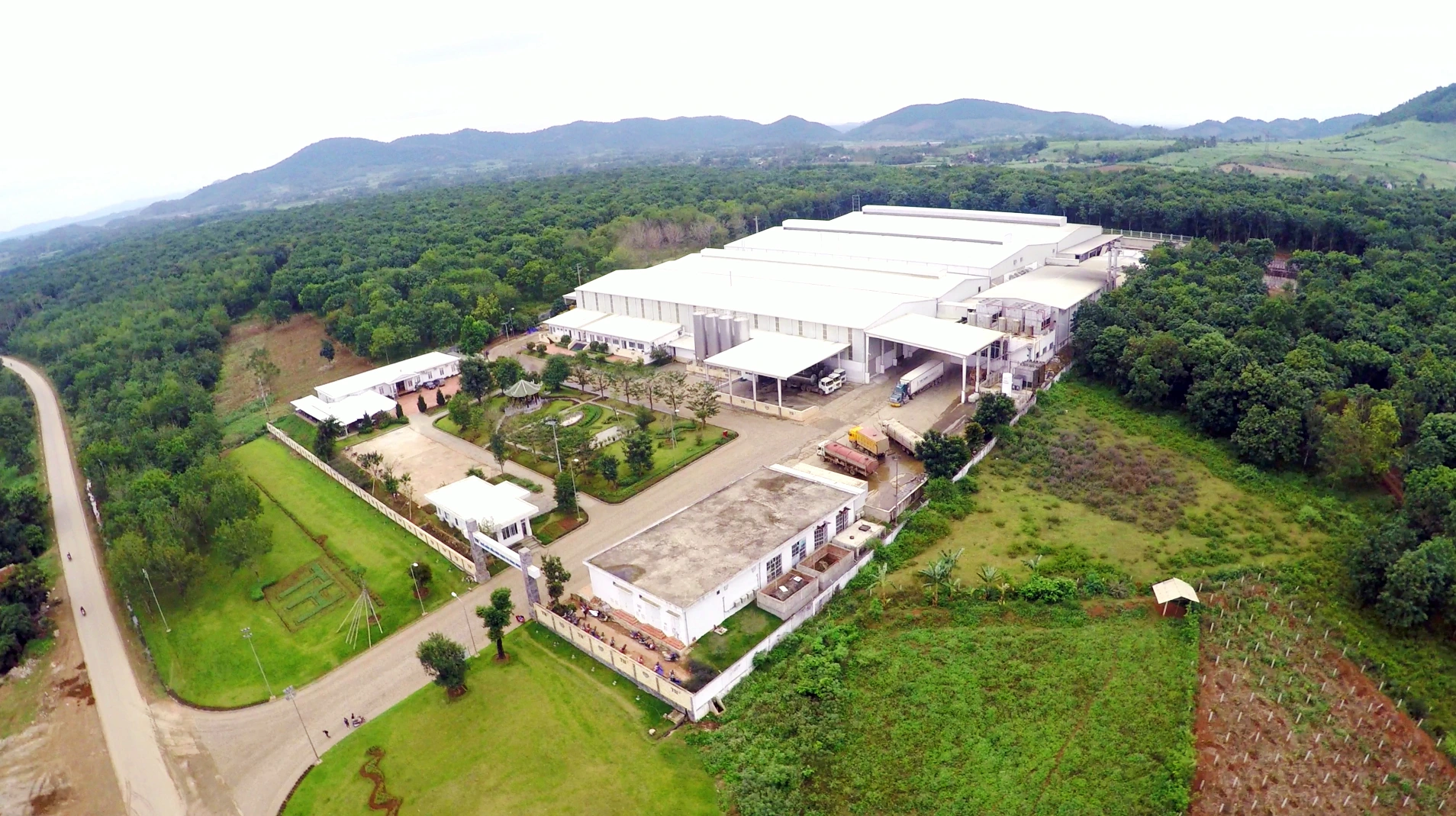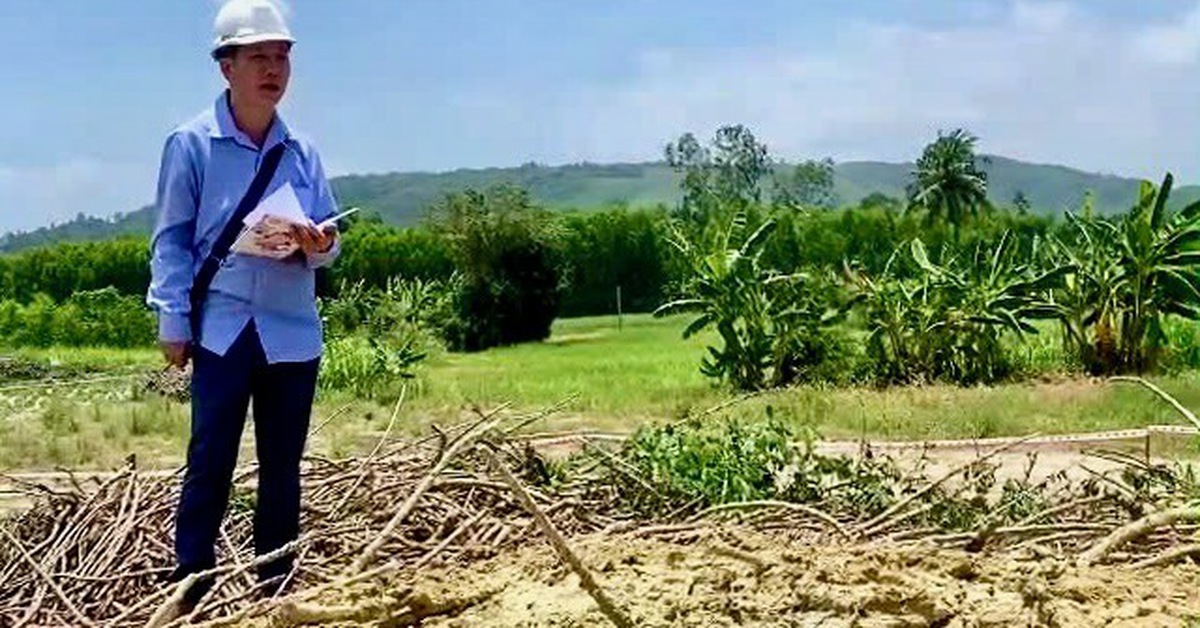Record greenhouse gas emissions and air pollution are causing global warming to accelerate at an unprecedented rate, 50 scientists warn.

Steam rises from a cooling tower at a power plant in Boxberg, Germany. Photo: Filip Singer/EPA
According to a new study published in the journal Earth System Science Data by 50 scientists, human-caused warming increased at a rate of more than 0.2 degrees Celsius per decade between 2013 and 2022. During this period, average annual emissions reached an all-time high of 54 billion tons of CO2, equivalent to about 1,700 tons per second, Science Alert reported on June 9.
The new findings could close the door on limiting global warming to the 1.5C target set by the 2015 Paris Agreement. "We haven't hit the 1.5C warming threshold yet, but the carbon budget - the amount of greenhouse gases humans can emit without exceeding it - could be exhausted in just a few years," said Piers Forster, lead author of the study and professor of physics at the University of Leeds.
The Intergovernmental Panel on Climate Change (IPCC) calculates that to maintain the temperature target under the Paris Agreement, CO2 pollution needs to be reduced by at least 40% by 2030 and eliminated completely by mid-century.
But according to new research, one of the climate successes of the past decade has inadvertently accelerated global warming. The reduction in the use of coal—which emits significantly more carbon than oil and gas—to generate electricity has slowed the growth of carbon emissions. But it has also reduced air pollution, which helps shield the Earth from the sun’s rays. Particulate pollution reduces warming by about 0.5 degrees Celsius, meaning (at least in the short term) that as the air gets cleaner, more heat reaches the Earth’s surface.
The new data should serve as a wake-up call ahead of COP28 later this year, even as evidence of slowing greenhouse gas growth emerges, said co-author Valerie Masson-Delmotte, co-chair of the 2021 IPCC report. “The pace and scale of climate action is not sufficient to limit the escalation of risks,” she said.
The team also reported a dramatic increase in land temperatures since 2000. Specifically, the average annual maximum temperature over the past decade increased by more than 0.5 degrees Celsius compared to the first decade of the millennium. The study also found that longer and more intense heatwaves will pose a serious threat in the coming decades to large parts of South and Southeast Asia, as well as parts of Africa and Latin America around the equator.
Thu Thao (According to Science Alert )
Source link


![[Photo] Looking back at the impressive moments of the Vietnamese rescue team in Myanmar](https://vstatic.vietnam.vn/vietnam/resource/IMAGE/2025/4/11/5623ca902a934e19b604c718265249d0)



![[Photo] "Beauties" participate in the parade rehearsal at Bien Hoa airport](https://vstatic.vietnam.vn/vietnam/resource/IMAGE/2025/4/11/155502af3384431e918de0e2e585d13a)

























![[Photo] Summary of parade practice in preparation for the April 30th celebration](https://vstatic.vietnam.vn/vietnam/resource/IMAGE/2025/4/11/78cfee0f2cc045b387ff1a4362b5950f)



























































Comment (0)